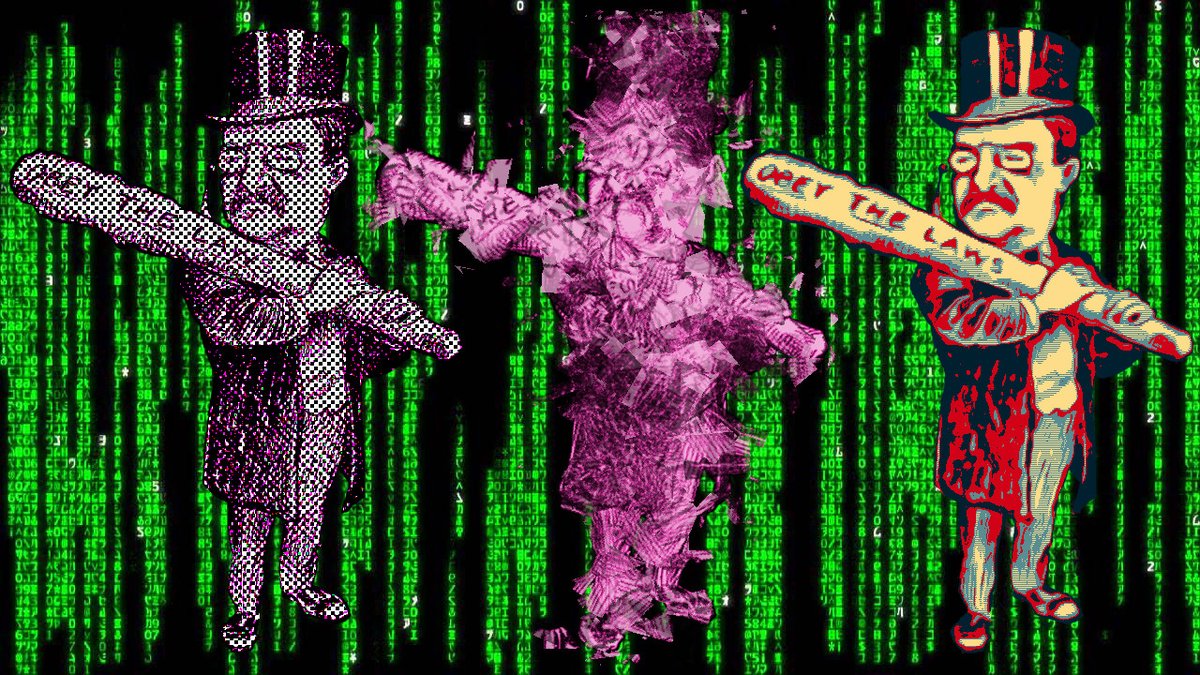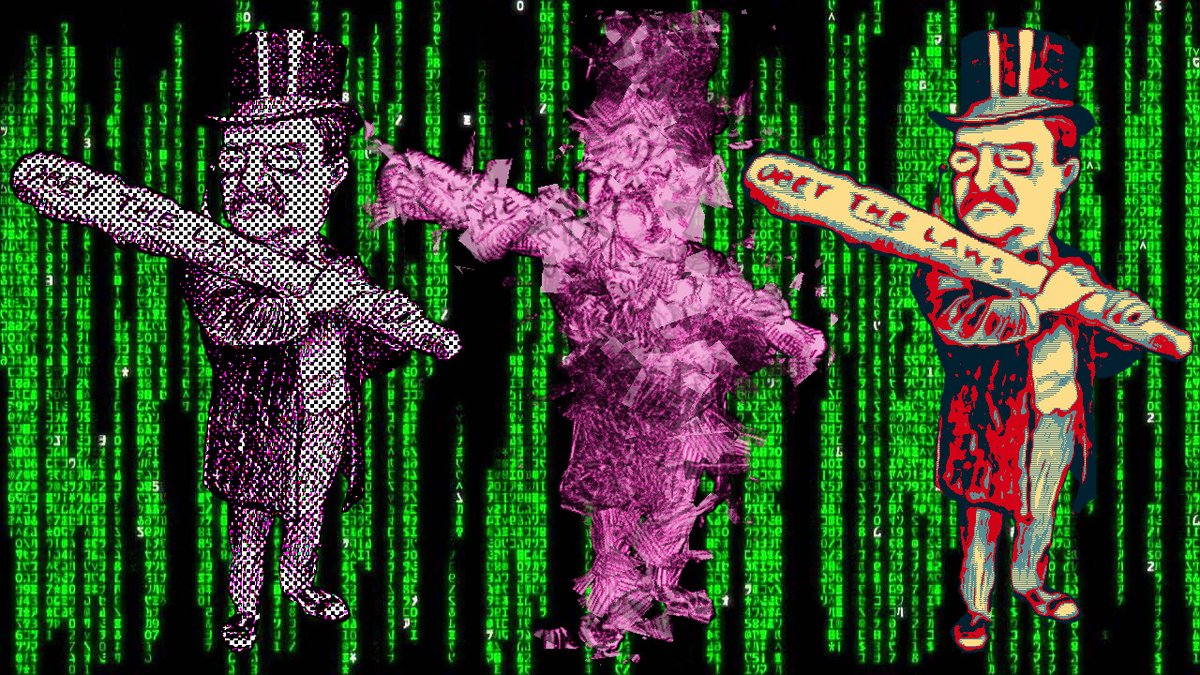
The Amazing Spider-Man (1977) gameraboy1.tumblr.com/post/642322101…
The Amazing Spider-Man (1977) gameraboy1.tumblr.com/post/642322101…
The Amazing Spider-Man (1977) gameraboy1.tumblr.com/post/642322101…
The Amazing Spider-Man (1977) gameraboy1.tumblr.com/post/642322101…
The Amazing Spider-Man (1977) gameraboy1.tumblr.com/post/642322101…
• • •
Missing some Tweet in this thread? You can try to
force a refresh







